Corn: Nutrition & Health Benefits
One of the most consumed and farmed foods in the world, corn is a staple. In the United States alone, more than 200 types are farmed, and many families enjoy having corn on the cob as a ritual. In Latin America, ground corn provides the foundation for many traditional dishes, including tortillas, and the husks are used to make tamales.
Corn is a wonderful substitute for wheat since it is naturally gluten-free. Additionally, it has a wealth of essential vitamins, minerals, and antioxidants that are beneficial to your health in a variety of ways.
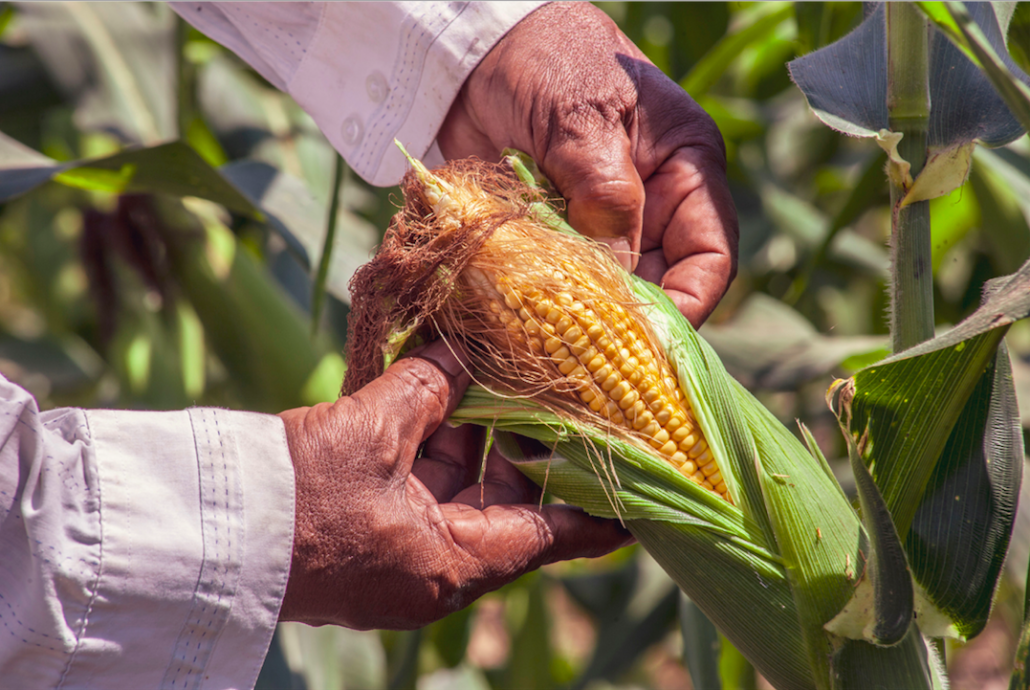
Nutrition facts
Here are the nutrition facts for 3.5 ounces (100 grams) of boiled yellow corn (1Trusted Source):
- Calories: 96
- Water: 73%
- Protein: 3.4 grams
- Carbs: 21 grams
- Sugar: 4.5 grams
- Fiber: 2.4 grams
- Fat: 1.5 grams
Health Benefits
Potassium, a vital vitamin that many Americans don’t get enough of, is abundant in corn. Potassium aids in the regulation of the circulatory system, preserving a healthy heartbeat and appropriate blood flow. Hypokalemia is a potentially dangerous condition that can result from low potassium levels.
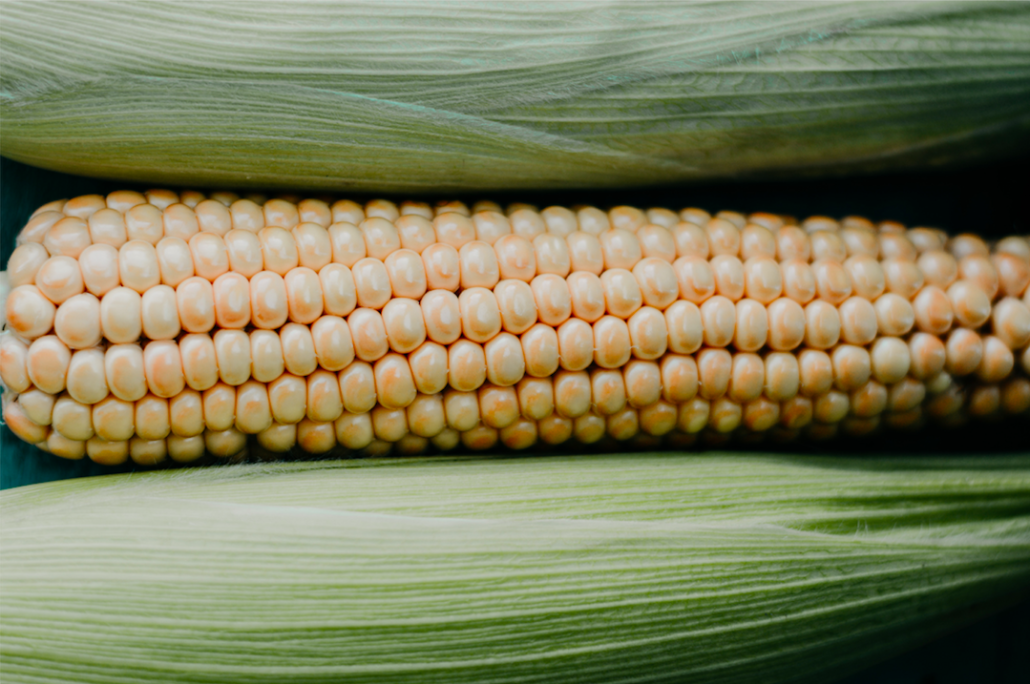
Eye Health
Luteinis a carotenoid which one can find in fruits and vegetables. In addition to vitamin A, is present in corn. Reduced macular degeneration, cataract, and other eye diseases risk is made possible by lutein.
Digestive Health
Dietary fiber, which is essential for leading a healthy lifestyle, is abundant in corn. Fibre makes up the majority of plant-based meals that your body cannot digest. Despite being indigestible, the fiber un it has a number of positive effects, including controlling blood sugar levels and bowel motions.
Prostatitis Treatment
The antioxidant quercetin is also present. Quercetin is crucial in the management of prostatitis, a condition that affects many men and causes inflammation of the prostate.
Alzheimer’s and Dementia
Additionally, quercetin may offer protection from dementia and Alzheimer’s disease. According to research, quercetin preserves neuronal cells and lowers neuroinflammation. This may lower the prevalence of dementia. However, more study and research is necessary.
How to Prepare Corn
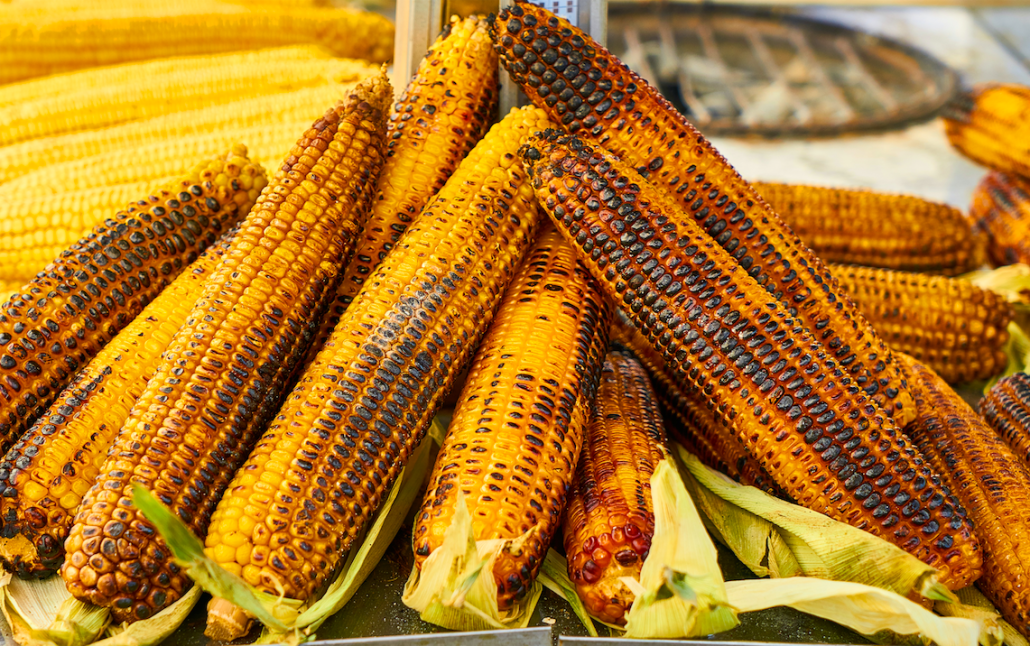
Corn is incredibly adaptable and simple to make at home. Depending on your preference, you may cook it on the grill, in the oven, a roasting pan, or in a pot. Before preparing, make sure you wash and dry your hands completely. Remove the silk and peel the husk if you’re cooking it. Though some like to keep these parts whole when cooking, you may grill it without the husk as well.
Here are a few ideas for different ways to incorporate corn into your diet:
- After boiling your cobs in water, lightly coat them with butter and a sprinkle of salt to enjoy classic corn on the cob.
- Sprinkle canned or cooked corn over your salad as a delicious topping.
- In addition add tomatoes, basil, and black beans to your salad for a “Southwestern” kick.
- Use it as your base for homemade cornbread.
- Fry it together with cake batter, jalapeños, and chives to make fritters.

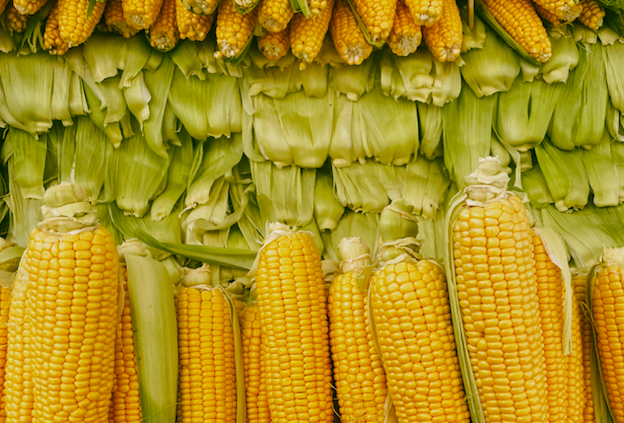


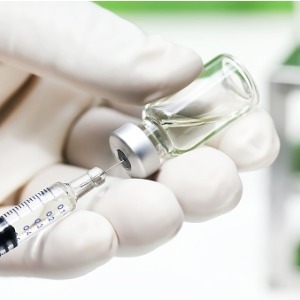


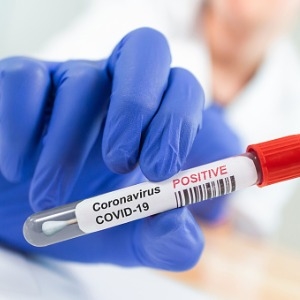








Leave a Reply
Want to join the discussion?Feel free to contribute!